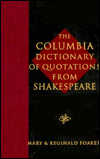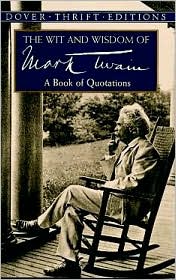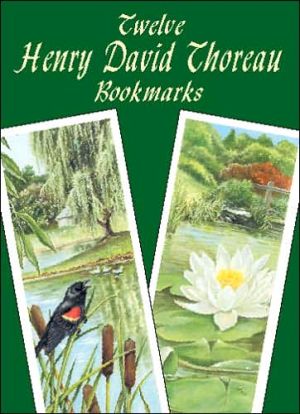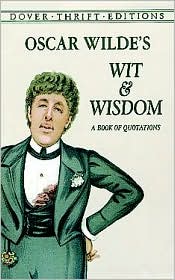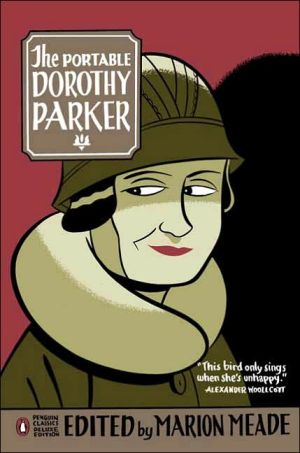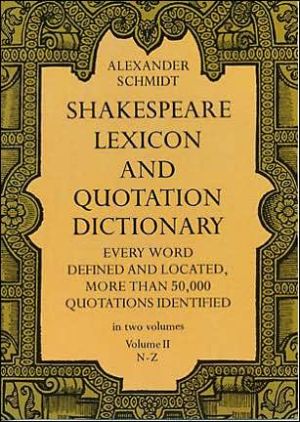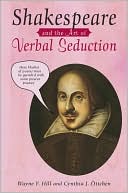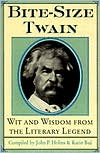The Columbia Dictionary of Shakespeare Quotations
Because his plays, poems, and sonnets are inexhaustible sources of insight into the human condition, Shakespeare is the most quoted--and probably also the most misquoted--writer in the English language. In this topically arranged collection of Shakespeare quotations, the largest of its kind, writers and speakers can find not only an excellent saying on any of 600 subjects, but can be assured of the right wording and the precise source: play, act, scene, line, and character speaking. And if...
Search in google:
In this topically arranged collection of Shakespeare quotations, the largest of its kind, writers and speakers can find not only an excellent saying on any of 600 subjects, but can be assured of the right wording and the precise source: play, act, scene, line, and character speaking. Rettig on Reference The Foakes have added an innovation to their topical dictionary of Shakespeare quotations. . . . a note to each quote to explain its context. This feature will help speakers who are looking for an apt quote to illustrate a point. . . . The Shakespeare topical dictionary of choice.
\ Rettig on ReferenceThe Foakes have added an innovation to their topical dictionary of Shakespeare quotations.... a note to each quote to explain its context. This feature will help speakers who are looking for an apt quote to illustrate a point.... The Shakespeare topical dictionary of choice.\ \ \ \ \ \ ChoiceRecommended for all libraries.\ \ \ \ ChoiceRecommended for all libraries.\ \ \ \ \ Rettig on ReferenceThe Foakes have added an innovation to their topical dictionary of Shakespeare quotations. . . . a note to each quote to explain its context. This feature will help speakers who are looking for an apt quote to illustrate a point. . . . The Shakespeare topical dictionary of choice.\ \ \ \ \ Library JournalReginald Foakes, a noted Shakespearean critic, and Mary Foakes, once a librarian at the Shakespeare Center at Stratford-upon-Avon, combine their talents to produce a well-organized, well-indexed, and instructive resource. Arranged topically, it presents quotations on 600 subjects ranging from absence to youth. Each quotation includes the title of the play, character speaking, act, scene, line number (keyed to the Riverside Shakespeare), and notes that place the quotation in context. Students and casual users will love the contextual information, and reference librarians will welcome a resource that provides the answer when patrons ask, "Who said this?" Because notable collections such as the Folger Book of Shakespeare Quotations and the Longman Guide to Shakespeare Quotations are out of print, this work and Hugh Rawson's A Dictionary of Quotations from Shakespeare (Meridian, 1996) are the two best sources available for Shakespeare quotations. Smaller libraries already owning the less expensive Rawson text will not need to add this title, but it is highly recommended for all academic and large public libraries regardless of their current holdings.--Neal Wyatt, Chesterfield Cty. P.L., Richmond, VA\ \ \ \ \ School Library JournalGr 8 Up-The editors' intention in this necessarily limited collection of quotations is to put the excerpts into the context of the original lines in the plays or sonnets from which they have been taken. The book is organized by topics ("Age," "Duplicity," "Fish"), followed by passages of about five or six lines. After each selection, the citation, the character, and usually the context of the lines are given. If a reference is obscure, the explanation is more elaborate. Indexes provide access by play and poem, by character, and by keyword. While the explanations of context are useful, this is a secondary reference tool. Some of the best known quotations are hard to find. "Double, double, toil and trouble..." is found in the keyword index only under "Double," which most people routinely mix up with "bubble"; it is listed in the topic index under "Occult" rather than the more ordinary "magic" or "spells." The topics are cross-referenced, but the use of both "Avarice" and "Greed" to split up a total of three quotes seems awkward and unnecessary. This is unlikely to be the first choice of novice scholars.-Sally Margolis, Barton Public Library, VT\ \ \ \ \ BooknewsIdentifies characters for each quotation and provides annotations designed to help the reader to understand the dramatic context and meaning of passages. Citations are arranged under topics, which are in alphabetical order. Since topic headings are necessarily arbitrary, and theoretically quotations could be listed under two or more topics, an exceptionally full index offers access to significant words, and a further index ties each quotation by topic heading to the work from which it is cited and, in the case of the plays, the character who spoke the line. Annotation c. by Book News, Inc., Portland, Or.\ \
